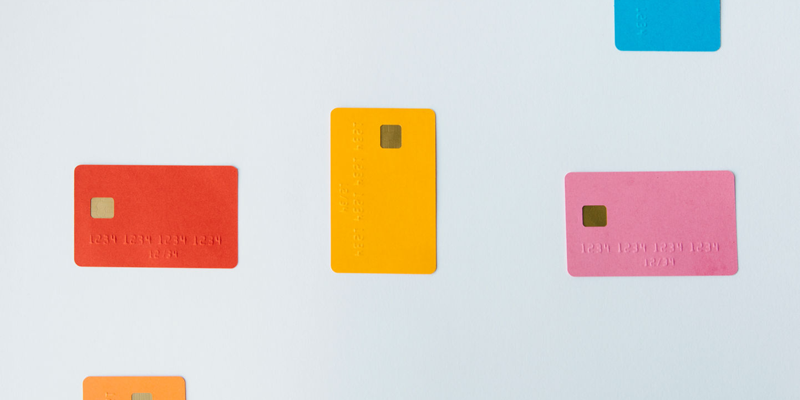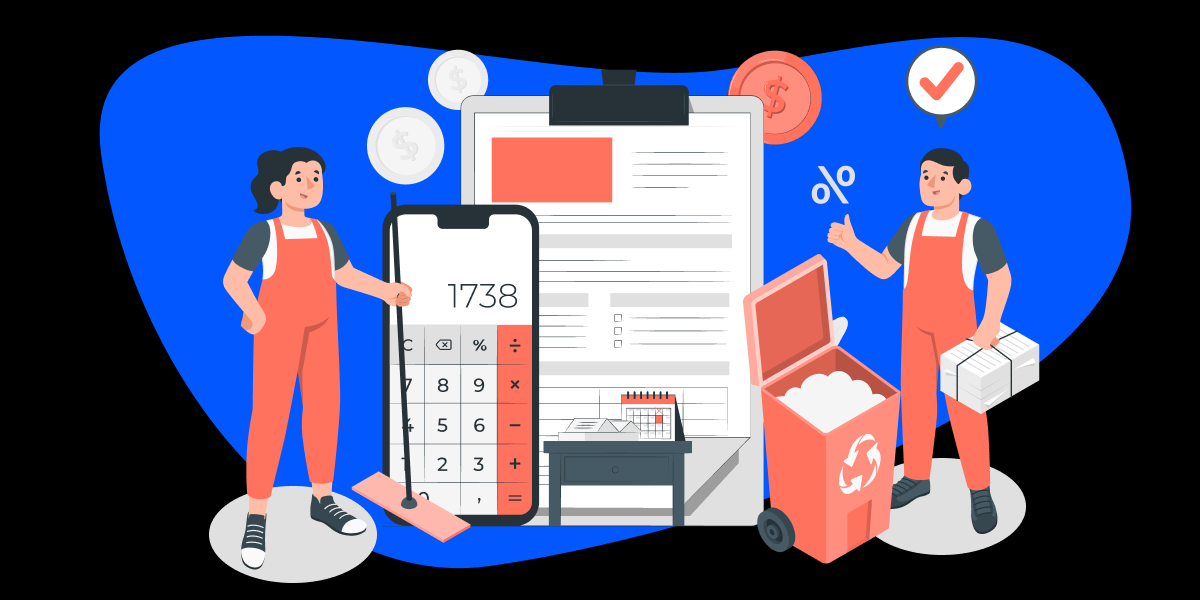Questions to Ask Credit Card Processing Services for Small Business
Choose a credit card processing service for your small business is crucial. These are some of the questions you should ask when filtering through your options.



When looking for credit card processing services, small business owners have plenty of questions. Today, 95% of Americans have at least one credit or debit card. Your customers count on their cards for secure, easy transactions, in person or online.
As the credit card industry booms, payment processing is becoming more complex, too. With so many players competing for your business, asking questions can help you make the best choice.
Read on to learn four questions you should ask before signing on the dotted line.
Credit Card Processing Question #1: What Businesses Are Considered High-Risk?
All credit card processing services small businesses might use take risk into account. If you hear the phrase "merchant account risk," it's referring to this type of evaluation. Some factors may be within your control, while others may be inherent to your type of business.
Payment processors want to know they can count on your business' financial stability. They'll take a look at your credit and financial resources. If you have a history of paying your bills on time, and if your business keeps money in the bank, you should be in good shape. As a rule, brand new businesses are considered riskier.
Your industry is the other key factor that influences risk. Industries that have a high chargeback ratio, for example, carry extra risk. Common examples include:
- Jewelry
- Firearms
- Gaming
- Electronics
- Travel
What factors make one industry riskier than another? It comes down to the likelihood of fraud or instability. For example, subscription-based services and seasonal businesses both rank as relatively high risk.
If you're in a high risk industry, it doesn't mean that credit card processing is off limits. It just means that you might have to ask—and answer—additional questions first.

Credit Card Processing Question #2: Is There ?
While researching credit card processing services, small businesses might encounter the term "batching." It's an important process to understand and master. Not only does it impact your daily operations, it can also impact the fees you pay.
What is batching? According to Investopedia, it's "the practice of a merchant processing all of its authorized credit card transactions for the day." Most merchants choose the close of business, unless their processor specifies a time.
When your customers swipe their cards, a complex process begins behind the scenes. Your payment processor will act as a middle man between your bank and your customers' banks. Before approval, transactions need to be checked and authorized.
Businesses send approved transactions in one batch per day to avoid fees. Instead of paying a fee for every transaction as they're approved, businesses can pay one fee per batch of transactions.
Be sure to ask if your payment processor has a fixed time when batches are due. Otherwise, you should be free to establish a daily schedule of your own.
Credit Card Processing Question #3: Is It Easy to Track Transactions?
When switching to new credit card processing services, small business owners might wonder about record-keeping. After all, it's important to have access to a full history of your transactions.
Why does this matter? One reason is that if a fraudulent charge occurs, you'll need to dive back into your records to gather all the details. You'll want a payment processor that makes it easy to check your records.
Merchants with multiple locations will also want instant access to real-time transactions. For example, GoSite's mobile app makes it simple to keep tabs on who's buying which items, and where.
There's another key benefit to picking a credit card processor that's digital-savvy. Some payment processors offer digital dashboards that reveal key patterns at a glance.
For example, what if one location consistently brings in the highest sales? Or what if one item is triggering most of your returns? Once you're aware of patterns, you can address them. This can help your business grow stronger over time.
Good records are about more than just tracking sales. Along with reviewing individual transactions, you can gain insight into bigger data-driven patterns.

Credit Card Processing Question #4: Are There Round-the-Clock Customer Support Options?
No matter credit card processing services small businesses choose, great customer service is a must. Depending on your business, you may want to ask about 24-hour customer support.
Some business owners seem to work around the clock. If you run into an issue after business hours, you'll want to be sure your payment processor is there for you.
As your business grows, you might open new locations that span a range of time zones. Sure, the old saying "it's 5 o'clock somewhere" has a ring of truth. But that means that somewhere, business hours are still going on, too.
Whether you call, chat or email your payment processor, they should be available to promptly field your concerns.
Want to see how simple credit card processing for small business can be? Check out our free fact sheet below!

%20(1)%20(1).png?width=340&name=Group%2012%20(2)%20(1)%20(1).png)



